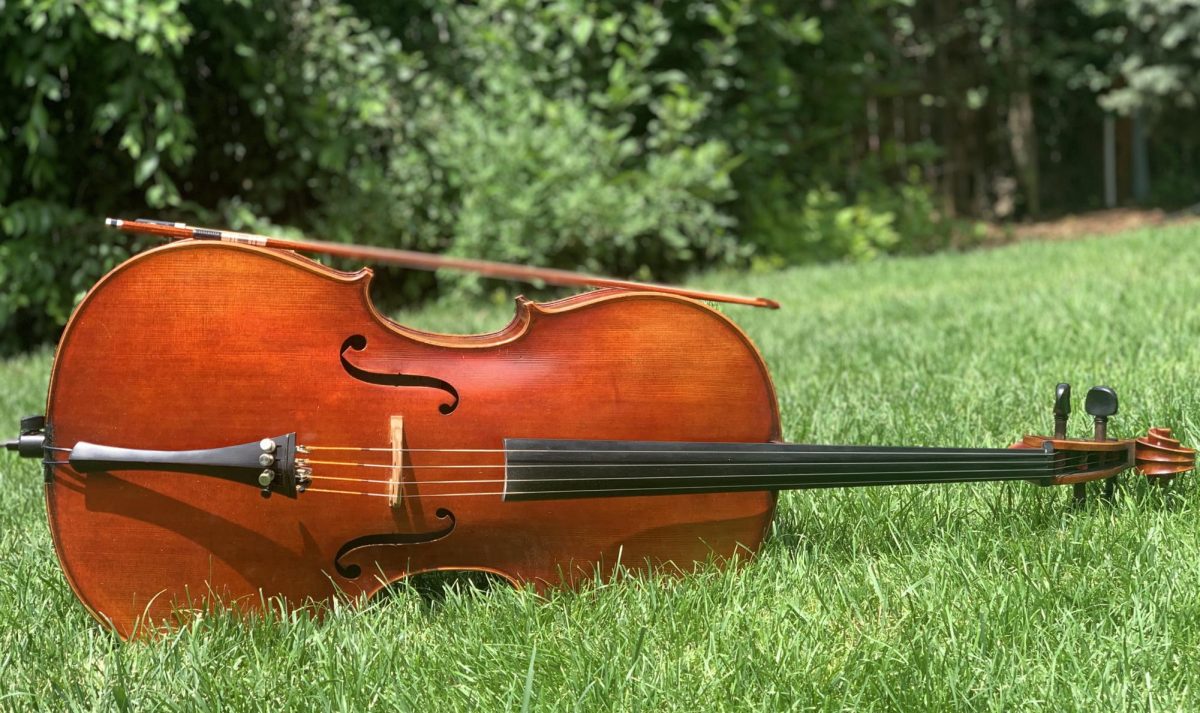It is safe to say that music is incredible. If you are someone who has not experienced the joy of listening to or playing music, I feel empowered to make sure that changes after you read this. Music has a profound effect on people because you can listen to something that suits their mood, thoughts, or situation at any given moment.
Learning an instrument has proved to enhance and improve several skills and qualities that make up a well-rounded individual, such as creativity, capacity for memory, concentration, and coordination.
A TED Talk by Anita Collins explained that neuroscientists in the last few decades have monitored brain activity from musicians with FMRI and PET scanners while they were actively playing their instrument. As musicians played, their brains processed different information while performing this in a fast-paced sequence with accuracy. Collins further explained that playing music engages multiple areas of the brain, in turn, facilitating new neuroconnections when you play. As playing music requires fine motor skills, the two hemispheres of the brain are obligated to work together, connecting and processing information as one unit. Collins explains that your brain can more effectively work because executive functions, attention to detail, and cognitive and emotional aspects are not only fine-tuned when learning an instrument but also with everyday tasks and school.
When musicians at Boulder High were asked a series of questions about how music impacted their everyday lives, their responses all correlated Anita Collins’s TED Talk.
Yako Perlov, a senior at Boulder High who plays piano and cello, enthusiastically expresses his passion for music, “music connects people in ways a lot of things cannot, it is a universal language.” He further explains that playing music throughout his life has “been a never ending inspiration, and has allowed him to express himself and connect with others in a way that cannot be described by words.”
Another musician from the orchestra, Emma Del Vento, a violinist, and pianist says that she notices playing music has improved her attention span, “My patience and attention span have increased because of the commitment and time playing piano and violin requires.” Furthermore, this talented and dedicated musician comments that playing and listening to music, “has helped me become less stressed with school.” Music can connect to the mind in ways that many other things cannot
On top of that, a trumpet player in a jazz band: Kara Loran notes that “playing and listening to music makes me happier and has improved my memory.” They also have been singing their whole life, in turn, helping to improve their memory. Kara especially likes the community that music cultivates, “every year we play during winter at the parade of lights!”
Finally, Caelan Mizuno is an avid multi-instrumentalist but mainly plays alto and tenor saxophone. Caelan has been playing saxophone for about four years and has noticed his overall improvement in life skills and time management, “it helps me clear my mind and it is easier to connect concepts in school because music requires a lot of that too.”
Learning an instrument can be an incredibly transformative and enjoyable activity. The definition of music is “vocal or instrumental sounds (or both) combined in such a way as to produce beauty of form, harmony, and expression of emotion,” (Oxford Dictionary), this does capture what music is in a nutshell, but only when you play music, one can truly recognize how meaningful music can be.



